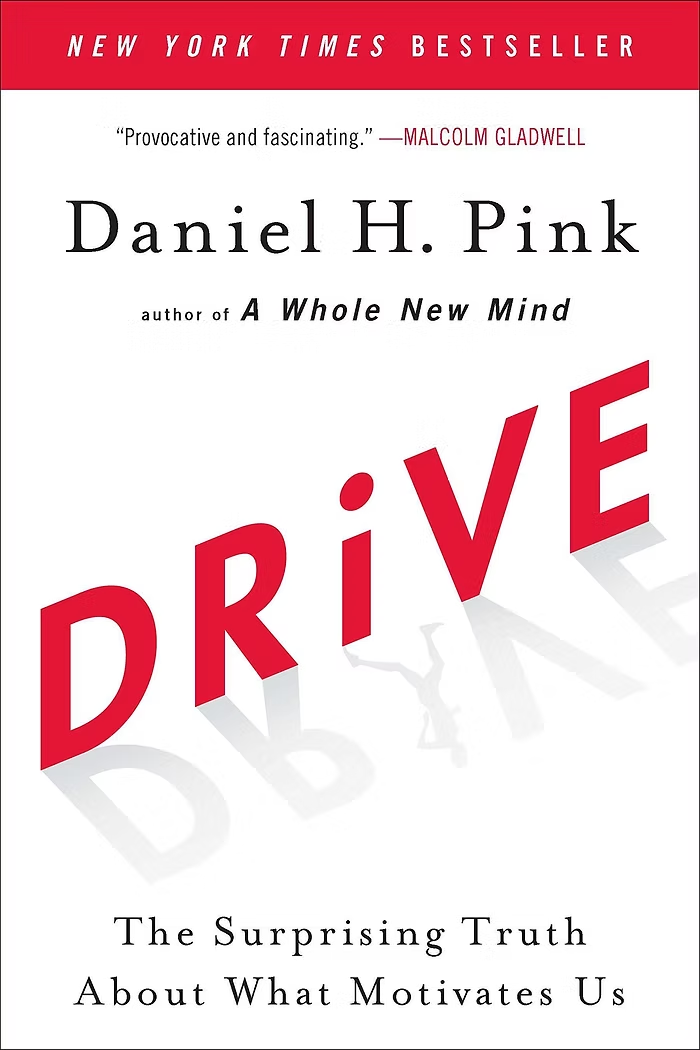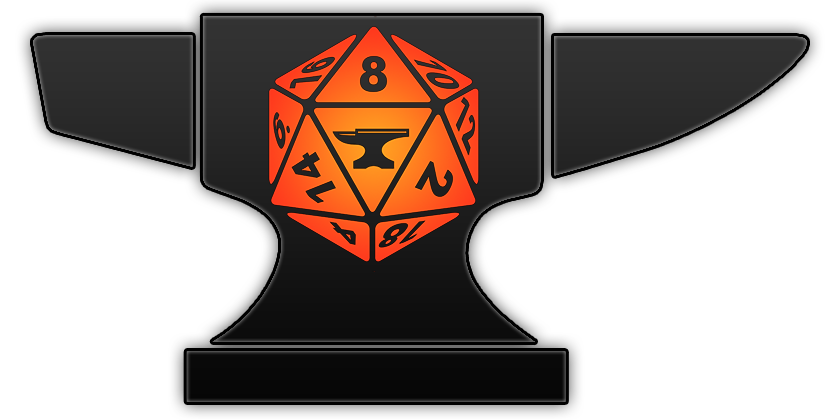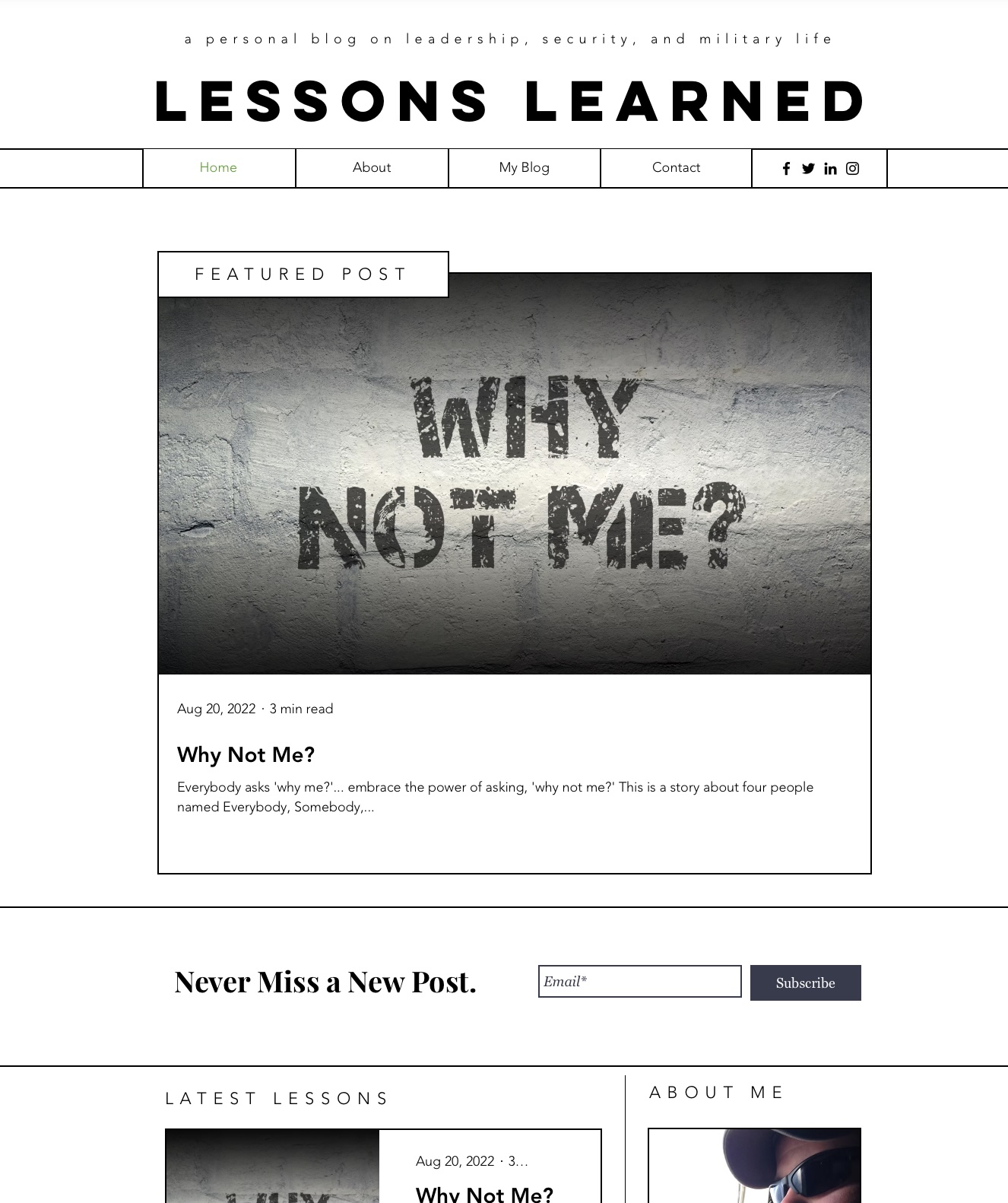Why Daniel Pink is on to something with his 2011 book, Drive.
In 2011, Daniel Pink published a great book titled, Drive, which discusses the numerous ways that people are driven in life, their profession, and their passions. His fundamental thesis was that there are three primary elements that contribute to our personal and professional satisfaction: the desire for autonomy, mastery, and purpose. Unlike so many other business-minded writer, it wasn’t mere introspection that drove him to this conclusion; it was numerous studies on what worked to motivate folks… and what failed.
What is most surprising is how often our motivation does not come from where we think. We think that money will motivate us, but the truth is that past a certain point of general comfort, it no longer matters. As I like to put it, the moment you stop checking your checking account balance before you buy groceries, clothes, or other needs is about where financial incentives stop working. If you make $10,000 each month, offering you another $1000 is nice, but hardly motivating. As Pink shows, in some cases it even damages productivity. So what does work?
Autonomy
In a world of increased teleworking, micromanagers are having to let go, task appropriately, and stop asking how work is getting done. While it profoundly shocks many of them, the work is still getting done. I practice this in my career by trying not to tell people how to get things done or to constantly check up on them… rather I prefer to ask, “are there any roadblocks I can help with?” or “what resources are you missing?” We can still set milestones, but I won’t penalize somebody for taking advantage of their autonomy and getting (what I thought was) 40 hours of work done in 20 hours. That’s the industrial-era mindset of billable hours and it is disastrous.
Mastery
This one is incredibly important to me. One of the first things I like to ask somebody is what is their “fuck-it dream?” If money was no object, what would you be doing with your life? What are your biggest dream goals? How can I help you get there?
My goal as a supervisor and mentor is to help my folks become who they want to be. If I can align their professional development, position, and tasks with their personal goals, then I will get a happier, more productive, and more resilient Airman. I like to remind them that my responsibility is to help them edge towards their goals, and I’m less concerned whether those goals require their name to start with Sergeant, Lieutenant, or Mr./Ms. Investing in your teammate’s dreams always pays off.
The overlap between personal and professional goals is greater than many would think, and since I started taking this approach, I have been pleasantly surprised at how meaningful the discussion itself is. Remember, they voluntarily joined your organization for a reason; don’t be surprised to find out that its goals are related to theirs.
Purpose
Before I enlisted in the U.S. Air Force, I did a lot of work in various sales positions. One thing I learned about myself was that if I believed in the product, I could sell sand to a man in the desert. If I didn’t believe in it, I was completely miserable and left the job within a year. What was I missing in those jobs I left? Purpose.
Having purpose gives all of the work a reason. Nobody wants to believe that their work has no reason; all that invites is shame and humiliation. As a leader and manager, that must be one of your primary jobs: inspire a sense of common purpose and pride in their role. A strong sense of purpose is the difference between exhausted teammates who only work 20 hours each week and excited teammates who aren’t even looking at the clock. In the best scenario, your challenge then is to pull them away from working and pace themselves to avoid burnout.
Conclusion
Autonomy, purpose, and mastery are all incredibly important components to building and managing a successful team. This approach dovetails nicely with my sincere desire to invest in my teammates personally. The cornerstone to each of these is mutual trust. Without mutual trust, autonomy cannot be allowed, mastery will not be accepted (what if I develop them so much they seek another position?), and whatever purpose you offer will seem insincere. While I encourage you to pick up and read a copy of Drive, you can hit plenty of the high notes in the outstanding video below produced by The RSA.


